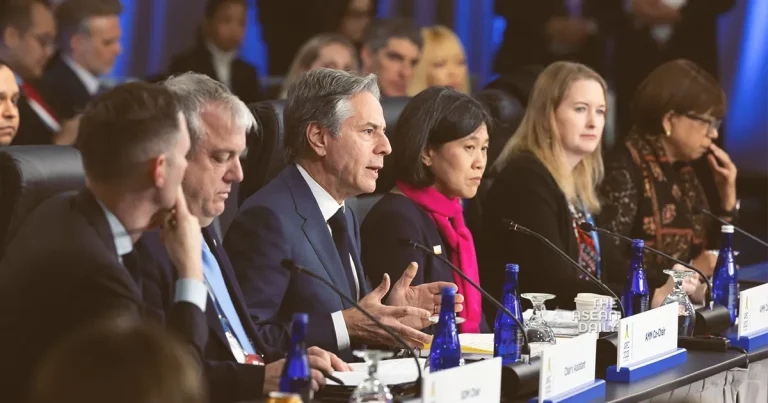16-11-2023 (SAN FRANCISCO) As discussions unfold at the Asia Pacific Economic Cooperation (APEC) summit in San Francisco, tensions arise over a U.S. proposal urging member states to integrate sustainability and inclusivity into their trade and investment policies. According to a source familiar with the negotiations, China is raising objections to the proposal known as the “San Francisco Principles for Integrating Inclusivity and Sustainability into Trade and Investment Policy.”
The proposal, championed by the Biden administration, aims to encourage APEC economies to create opportunities for disadvantaged populations and incorporate clean energy and carbon emissions reduction goals into their policies. U.S. Trade Representative Katherine Tai expressed hope that the proposal could be finalized despite objections, highlighting its support by all economies except one.
While specific details of the U.S. proposal remain limited, the broader goal is to ensure that economic and trade policies benefit all people and address environmental considerations. Tai stressed, “Our economies are more than just numbers. They are made of people, so we need to make sure that our economic and trade policies work for our people and that the benefits created are shared by all.”
The APEC summit discussions coincide with high-stakes talks between President Joe Biden and Chinese President Xi Jinping south of San Francisco. The discussions cover various topics, including Taiwan and the conflict between Israel and Hamas in Gaza.
China’s objections at the APEC summit were not directly addressed by the spokesperson for China’s embassy in Washington. However, they underscored the importance of APEC parties focusing on the region’s urgent needs and working towards a free, open, fair, non-discriminatory, transparent, and predictable trade and investment environment, as outlined in the APEC Putrajaya Vision 2040 declaration made in Malaysia in 2020.




